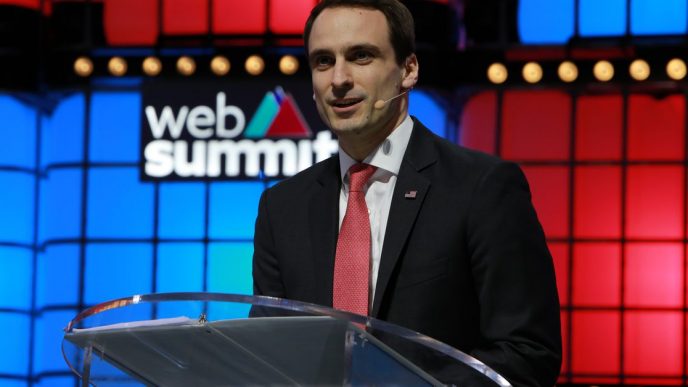Yet another major investment is going down in the travel sector, underscoring its ongoing rebound after the COVID-19 pandemic. Prosus, the tech conglomerate controlled by Naspers, is paying $1.7 billion to acquire Despegar, one of the biggest online travel agencies in Latin America, to scale up its operations in the region.
Despegar’s board of directors has approved the deal, which will now go to a shareholder vote, Prosus said in a statement today. It expects the deal to close in Q2 of 2025.
With GDP across LatAm expected to grow 2%-3% next year, Prosus wants to use Despegar to lean into greater economies of scale in the region. It already owns food delivery platform iFood and Sympla, Latin America’s answer to Ticketmaster, and together it will have 100 million customers across all three properties after the deal closes.
“This acquisition is a clear demonstration of our strategy to build value by creating a high-quality ecosystem of complementary businesses,” said Fabricio Bloisi, CEO of Prosus Group, in a statement. “Despegar is a highly profitable company, with an attractive market position, and an experienced management team – making it a natural addition to our presence in Latin America. We will accelerate Despegar’s growth by leveraging the extensive customer touchpoints within our portfolio.”
This is a decent outcome for Despegar, which has struggled to grow in the last decade of economic, social and public health turmoil in the region.
The company, based out of Argentina, is publicly traded on the NYSE and had a market cap of $1.24 billion as of last Friday, at market close. This deal — which specifically will see Prosus pay $19.50 per share — is a 33% premium on that price, but it is also, notably, still less than the market cap that Despegar had on its first day of public trading in 2017.
On Despegar’s side, it could give the company a boost of investment in the near term.
“For our customers, this means access to an expanded portfolio of services, better experiences, greater loyalty benefits and more complete solutions tailored to their needs,” said Damián Scokin, CEO of Despegar, in a statement.
The deal is one of the latest of a spate of investments in travel and tourism technology at the moment. Most recently, last week, Hostaway — which builds software for the private short-term rental market — raised $365 million led by General Atlantic. General Atlantic, as it happens, was once an investor in Despegar when it was still a private company. Other backers over the years included Accel, Tiger Global, Sequoia, hotel giant Accor, TPG and even Yahoo (parent company of TechCrunch).
Despegar is one of the older and bigger online travel brands in the market, having been around in one form or another (it also controls another major Latin American travel brand, Decolar in Brazil) since 1999, during the first dot-com boom.
These days, it is active in some 19 different markets in the region, operating both a direct-to-consumer service as well as a white-label offering used by banks, airlines and other retailers selling travel services to their customers.
And yes, it’s worked to keep up with the times, and it has built a conversational chatbot called Sofia. Competing against the likes of Hotel Urbano, Despegar says that it sees some 9.5 million transactions annually, working out to $5.3 billion in gross bookings, $706 million in revenue, and EBITDA of $116 million (based on its full-year 2023 results).
Ingrid is a writer and editor for TechCrunch, joining February 2012, based out of London.
Before TechCrunch, Ingrid worked at paidContent.org, where she was a staff writer, and has in the past also written freelance regularly for other publications such as the Financial Times. Ingrid covers mobile, digital media, advertising and the spaces where these intersect.
When it comes to work, she feels most comfortable speaking in English but can also speak Russian, Spanish and French (in descending order of competence).














